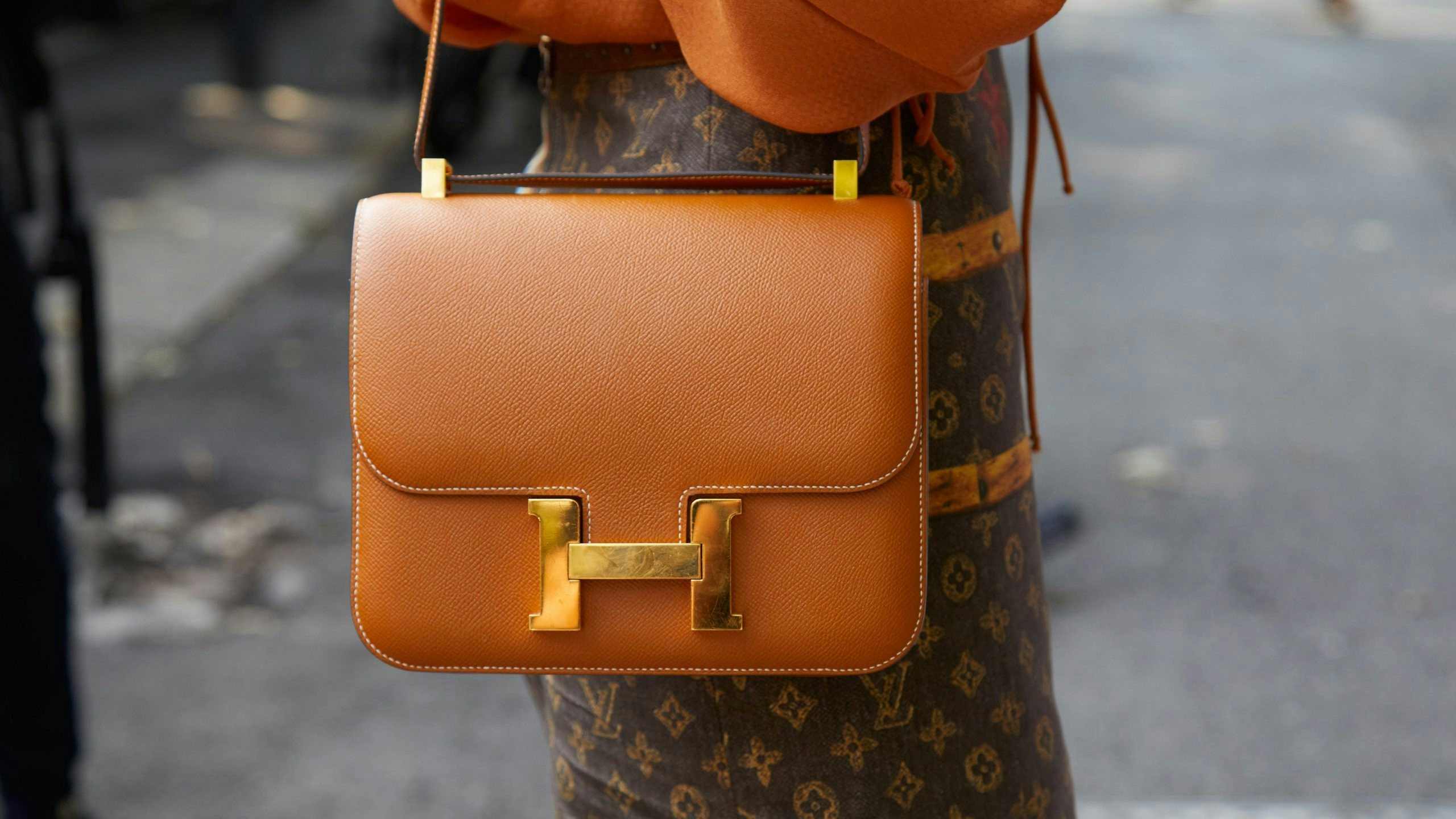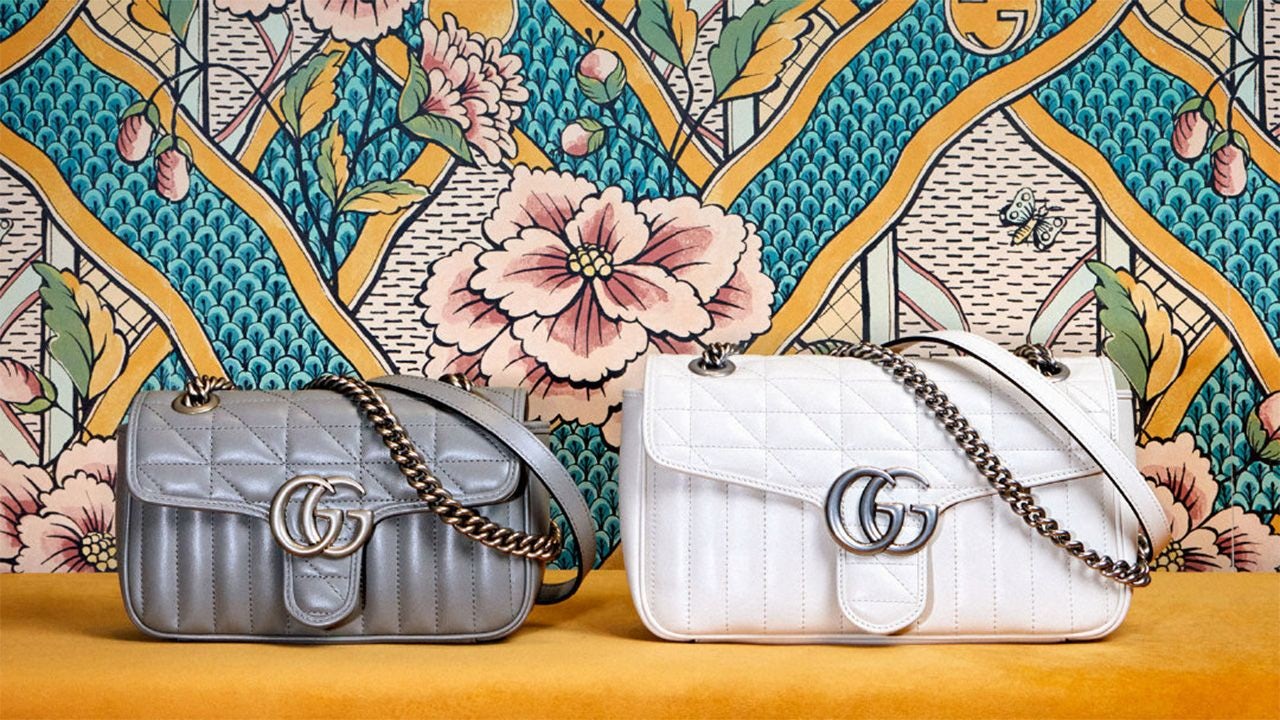What happened
When China first emerged from the COVID-19 outbreak in May 2020, a shopping fever spread across the country known as revenge buying (报复性消费). But after the recent wave of large-scale lockdowns, which isolated Shanghai residents for two months and stranded tourists on Hainan, the country is experiencing a completely different scenario. Chinese consumers who once lined up outside Hermès stores to splurge on luxury bags are now the ones panic selling them.
According to luxury dealers in Shanghai and Hangzhou, more and more high-net-worth individuals (HNWIs) are selling their luxury possessions, such as Rolex watches and Hermès handbags, to raise quick cash. However, it is a loss-making deal. The price of a secondhand Rolex Submariner has dropped by 46 percent, and even Hermès’ Birkin — reputed to be a better investment than gold — has fallen by 20 percent.
The Jing Take
With a recession knocking on China’s door, local consumers are becoming cautious about luxury consumption. After two years of double-digit growth in China, high-end houses are seeing their turnover plunge in the market; according to Barclays, luxury sales in China dropped 40 percent in the past three months. Given this uncertain economic outlook, HNWIs are preferring to hold cash in their own pockets.
Meanwhile, luxury’s strategy of hiking prices to encourage panic buying and elevate exclusivity may only dampen sales. The topic “When did Prada become so expensive?” has sparked a heated debate online, with some comments pointing out that the Re-Nylon handbag was overpriced given its poor performance in the secondhand market.
Global players should be alarmed by this decline in resale prices. When their value on the secondary market cannot beat inflation, luxury pieces will no longer be considered recession-proof investments. Although demand will persist, the bulk-buying consumer behavior that once boosted brands’ financial performance will likely fade. Now, companies will have to deal with a more rational domestic consumer, one who wants to know whether their product is really worth the money.
The Jing Take reports on a piece of the leading news and presents our editorial team’s analysis of the key implications for the luxury industry. In the recurring column, we analyze everything from product drops and mergers to heated debate sprouting on Chinese social media.


